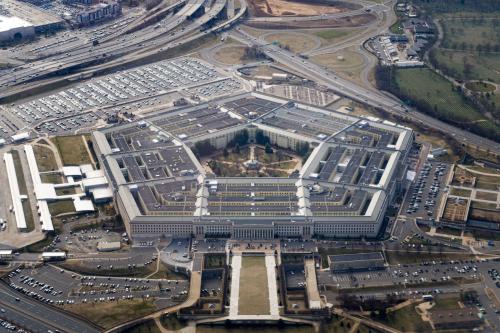The Zaydi Houthi rebels who have all but disposed the pro-American government in Yemen this week have a slogan which reads, “Death to America, death to Israel, curses to the Jews and victory to Islam.” The collapse of President Hadi’s government, which openly supported American drone strikes in Yemen against Al Qaeda in the Arabian Pennisula (AQAP) for the last couple of years, puts a pro-Iranian anti-American Shia militia as the dominant player in a strategically important country. The Bab El Mandab, the straits between Asia and Africa, are one of the choke points of global energy and geopolitics. The leader of the Houthis gave a triumphal speech yesterday and Iranian diplomats hailed his victory.
The Houthis victory also ironically benefits AQAP by polarizing Yemen, the poorest country in the Arab world, between Shia and Sunni, with AQAP emerging as the protector of Sunni rights. AQAP is fresh off its attack on Paris and has grown since 2009 into the most dangerous Al Qaeda affiliate in the world. It has attacked Detroit and Chicago. It is dedicated to overthrowing the House of Saud with which it has fought a half dozen wars.
Yemen doesn’t feature often in American foreign policy discussions so it’s no surprise that President Obama didn’t mention it in his State of the Union speech. This is all the more true when one realizes we have very little leverage to influence the outcome in Yemen. Hadi was our best bet. But it is indicative of the complex challenges America faces in the Islamic world and the urgent need for a smarter strategy to deal with it.
The president rightly said America needs a smarter strategy to fight terror that avoids drawing us into quagmires like Iraq. He is right to say we need local partners to fight extremism. He’s right to say sending lots of American boots into civil wars is a mistake. Yemen was supposed to be a role model for this smarter approach of building local capacity and getting our allies to do more. It’s a sobering reality that it’s not working.
The Brookings Institution is committed to quality, independence, and impact.
We are supported by a diverse array of funders. In line with our values and policies, each Brookings publication represents the sole views of its author(s).



Commentary
SOTU: United States Has Little Leverage to Influence the Outcome in Yemen
January 20, 2015